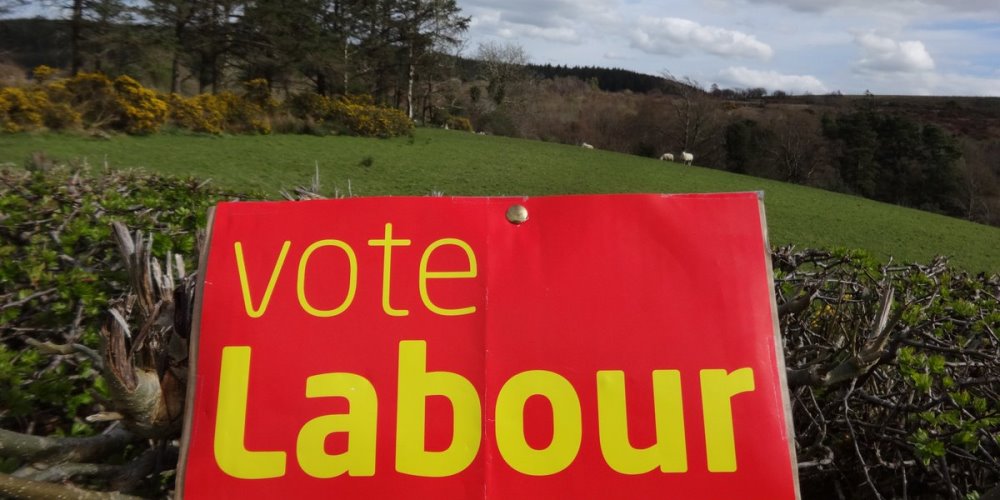Rural thread
One nation socialism means tackling problems in the countryside as well as the cities Labour success in rural areas seems oxymoronic. Yet we have won the Stroud constituency four times over the last 20 years and Stroud by every definition is...
One nation socialism means tackling problems in the countryside as well as the cities
Labour success in rural areas seems oxymoronic. Yet we have won the Stroud constituency four times over the last 20 years and Stroud by every definition is at least a semi-rural seat. More rural still, Labour has consistently won constituencies like Bolsover (yes Dennis, it really is rural), Bishop Auckland and Hemsworth.
Labour also has a proud history in the rural parts of Britain. The antecedents of Labour have as much to do with the countryside as they do urban areas. Read E P Thompson, Harry Tawney or Eric Hobsbawm if you want disabusing of the classic Conservative trope that Labour is purely an urban construct. In fact the labour movement’s rural history remains terribly under-researched and undervalued. That’s why we should be proud to celebrate Tolpuddle – not just from a sense of nostalgia but also because it points us in a direction that if we want to travel in will pay dividends.
Yet part of Labour’s problems with rural areas is that we have continually undersold ourselves in regard to what we can offer the countryside. Some of the great reforming acts of Labour have involved rural areas, whether that be forming the National Parks, introducing the right to roam, or creating an agricultural policy that lasted for 30 years after 1945.
There is no better example of this than what happened under New Labour. The period between 1999 and 2004 was a golden era for rural policymaking, with delivery of very positive rural programmes and £1bn of largesse invested into ruralities. This was abundantly clear from PhD research that I undertook during my sabbatical from parliament. Rural schools were protected, the rural postal network was supported, brilliant new initiatives based on rural champions were initiated and the countryside became a place of vibrancy and excitement.
The party capitalised on this investment to some extent with rural conferences,rural manifestos and tool-kits for use by councillors elected in countryside seats. The Rural White Paper, published in 2000, was a model for what was possible in rural areas. Deliberately set in parallel with its urban counterpart, the paper – unlike its Conservative predecessor – set out in considerable detail funded proposals for rural areas, including introducing ideas such as ‘rural proofing’.
The problem was that despite the plaudits from academics, practitioners and rural communities themselves, a lack of confidence, financial cuts and losing its way in the policy field meant that Labour had virtually undone all the good it had achieved earlier by the end of its administration in 2010.
There is always a healthy debate over whether rural areas mirror urban areas in terms of the problems they face. The simple answer is yes, but the solution to those problems requires greater sensitivity and scaled intervention to make a difference. New Labour proved conclusively that with appropriate policy interventions, sufficient resources being applied and a consistency of approach then great things are possible.
If we can look beyond the sterile debate of whether or not Labour should completely disown Blairism and Brownism, then New Labour in terms of the countryside, for a time, had much to commend itself for. The reality is that rural areas could and should contribute much more to the UK’s economic, social and political fabric and should not be seen as a backwater.
So why does it matter now if Labour ignores rural areas? It can rely upon the cities and conurbations to win, can’t it? There are two reasons why this position is wrong. First, we should not only speak the language of one nation socialism – we should try to apply it in practice. Second, Labour’s situation in the countryside is far from hopeless. Some of the biggest increases in votes in the Labour vote in the recent general election occurred in rural constituencies. If the electorate are yearning for an active Labour party in their area, why aren’t we trying to provide it?

